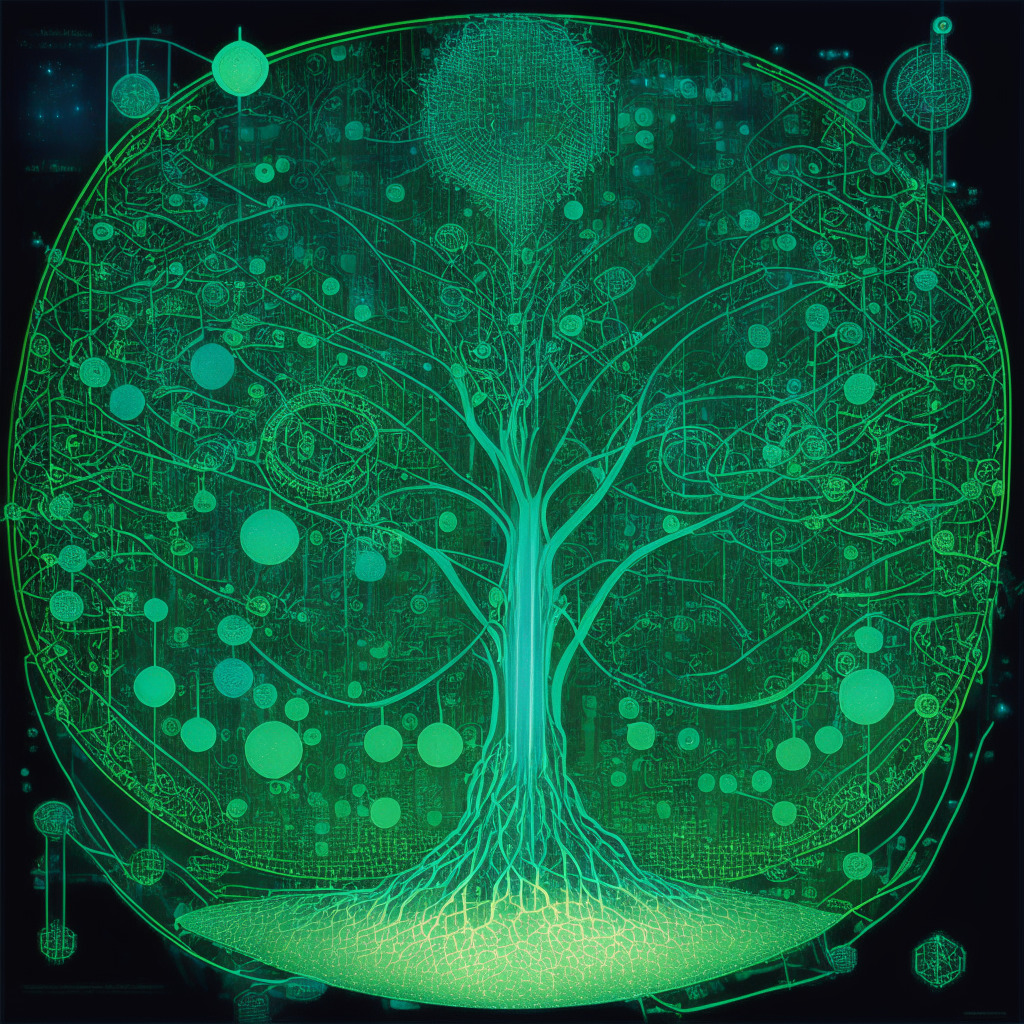As we navigate through 2023, the astounding potential of cutting-edge technologies to tackle pressing environmental issues unfolds before our eyes. Vast strides are being made in the realm of Web3, a novel decentralized digital expanse which has transitioned from a far-fetched future concept to a contemporary reality. High-profile figures such as Marc Johnson of Filecoin Green envisage these mechanisms playing an instrumental part in ongoing conservation efforts, such as deforestation.
Deforestation, a major global issue with dire implications for climate change, biodiversity, and indigenous communities, has been thrust into the spotlight with the recent European Union legislation. This mandates products traded within the EU to bear no contribution to deforestation, presenting a labyrinth of challenges relating to verification and compliance.
Web3 technologies, traditionally the backbone of cryptocurrencies, are now being repurposed to tackle these issues. Employing content-addressed data alongside decentralized data storage, any product from cocoa to paper could be traced back to its origin, providing unassailable evidence of its links to deforestation. This holds considerable promise for companies adhering to new environmental regulations.
Envision each commodity having a unique digital fingerprint on a blockchain system, documenting the entire journey from raw material harvesting to final consumption. The permanent recording of this information in a decentralized database through content-addressed data allows for data immutability, an essential factor for origin verification. This decreases the risk of information forgery, an affliction that traditional supply chain systems have grappled with.
However, transitioning from conventional supply chain systems to Web3-enhanced ones entails surmounting resistance to technological transformation across various sectors, necessitating widespread adoption. Despite the potential challenges, the value offered in ensuring data verification and mitigating potential fines for non-compliance establishes investment in Web3 technologies as a profitable decision.
For instance, the new EU regulations could result in fines up to 4% of total annual turnover for companies failing to implement quality checks. Thus, transitioning to Web3 technologies promising data immutability becomes a cost-saving measure.
Moreover, implementing such a system could foster responsible consumption. Thus, as people become aware of the ecological footprint of their purchases, they could consciously opt for deforestation-free commodities. This would not only build customer trust but also motivate companies toward sustainable practices.
To summarize, the benefits of Web3 technologies, including decentralization, security, and transparent data storage, could offer a novel solution to deforestation compliance. As global priorities shift towards sustainability, the need for upgraded technologies will inevitably surge.
The appeal of Web3 technologies lies far beyond being a speculative tool or passing trend. Instead, these technologies hold the power to revolutionize our approach to environmental protection. Application to issues like deforestation compliance poses a major leap toward a more sustainable tomorrow.
Source: Coindesk




